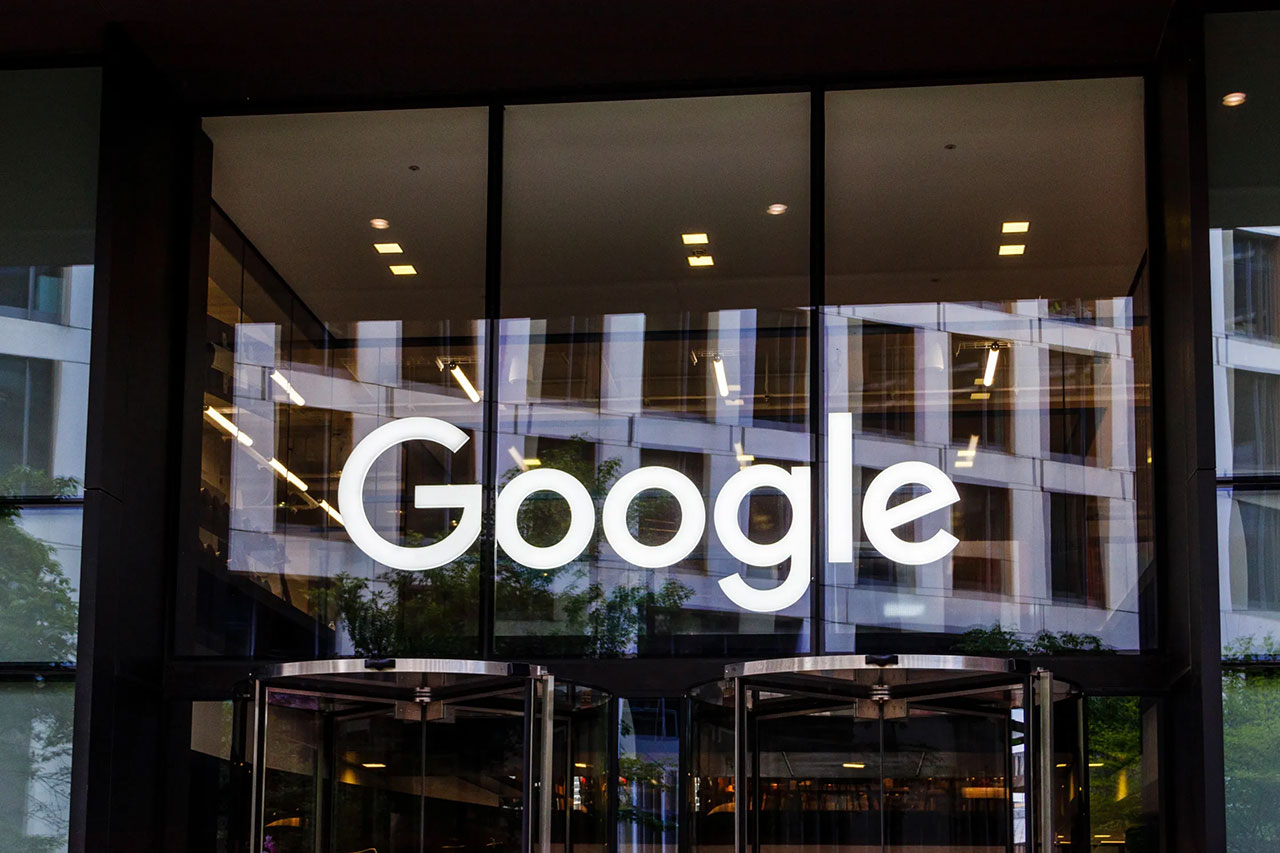The digitalization of public services promises convenience and savings, but in practice it forces governments to choose: modernize their infrastructure at the risk of losing control over data, or preserve sovereignty at the cost of slower updates. London’s deal with Google and Brussels’ agreement with Microsoft revealed that the issue of storing and accessing information has become not only technical but geopolitical—and that citizens’ data are turning into a strategic asset, on par with energy or raw materials. Society’s dependence on digital technologies deepens every day. The more domains move online, the more data we generate—medical records, financial transactions, consumer habits. The volume of information on the internet doubles roughly every three years. Governments too are moving services online—from tax filings to medical files. In theory this should make processes faster and cheaper, but the reality is more complex. London’s new contract with Google made clear that even advanced economies face the same dilemma: modernization or control over their data. Under the terms of the deal, vast troves of information will be stored in the United States. Microsoft has already acknowledged that it cannot guarantee full autonomy to clients in France—or across the EU—if Washington demands access…
… Continue here



Why? Why can’t we just build our own data centres? Plenty of I.T. people need employment
Because we want US money. If we start not buying US weapons, energy and tech, Trump could put more tarrifs on our backs and OMG that would be our downfall!
There we are just selling our countries themselves to the US, we already accepted to sell our population’s sanity to all US social media and US entertainment companies. We already accept Google to filter our news and put what is important to them at the front-page of the news cycle.
No one cares anymore. The EU is dead, merely 5 minutes after pushing strong laws against all this.
BACO: Bruxelles always chickens out.